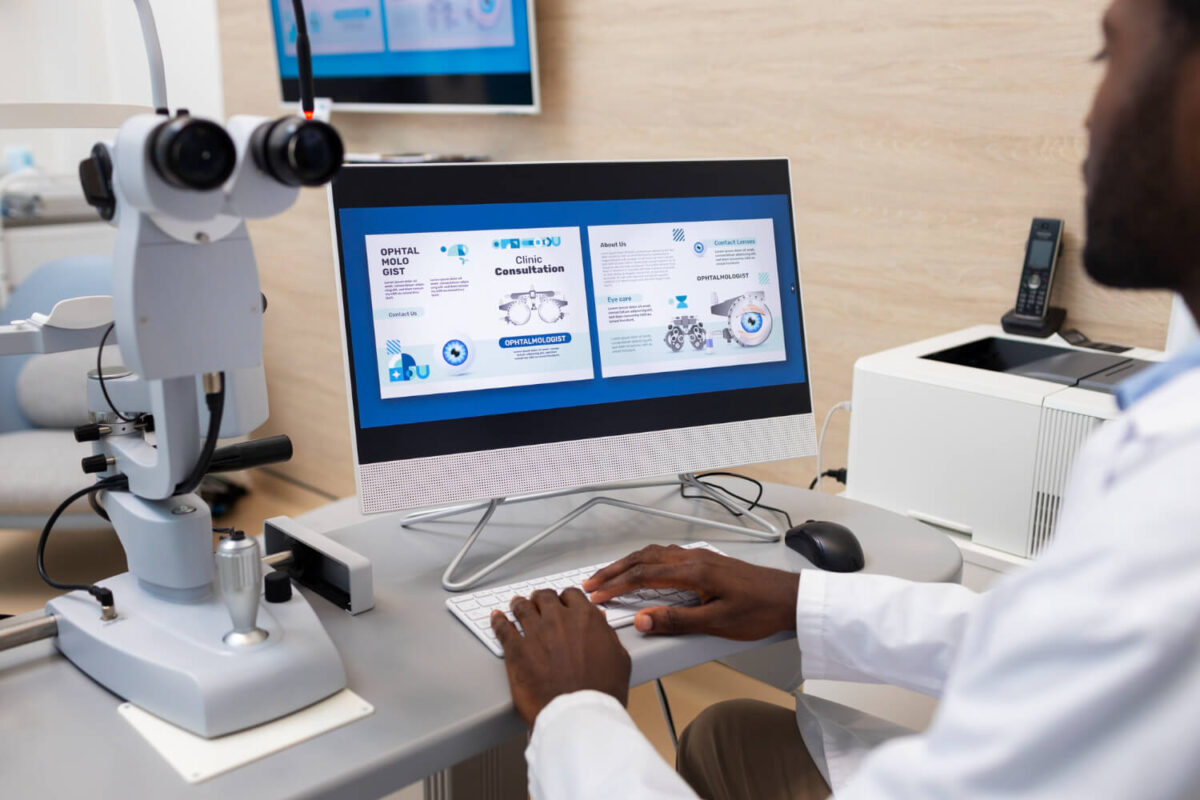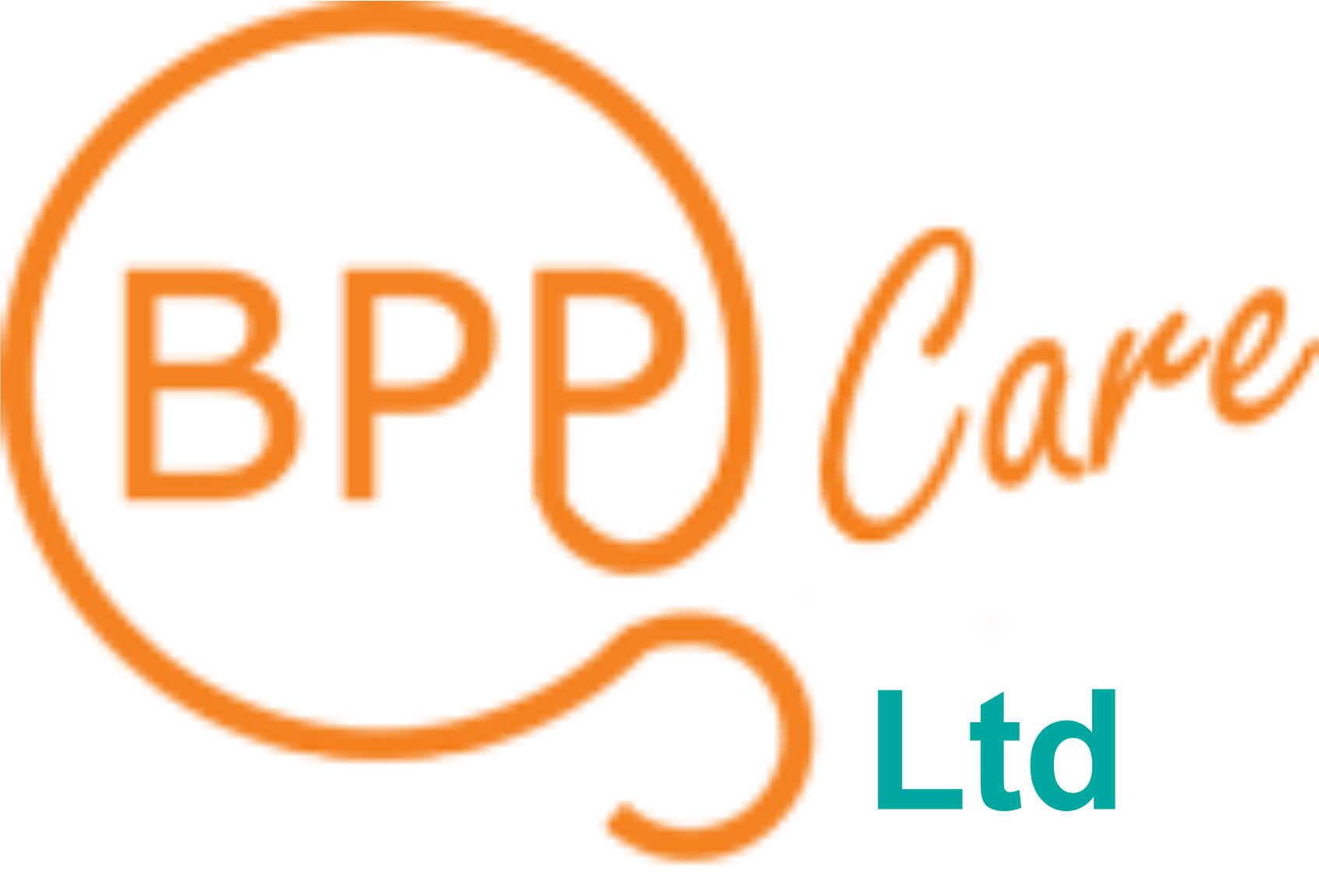
Healthcare staffing is facing a revolution. AI is changing how medical professionals are hired, managed, and scheduled. In the UK, where the NHS and private hospitals struggle with staff shortages, AI-powered healthcare recruitment is offering new solutions. With an aging population and increasing demand for services, the need for efficient healthcare staffing is greater than ever. AI is stepping in to streamline processes, reduce workload, and improve patient care.
The impact of healthcare staffing solutions driven by AI is already visible. Automated hiring tools, predictive analytics, and smart scheduling are transforming how hospitals and clinics operate. As technology advances, these solutions will become even more essential. But what does this mean for the workforce? Are these changes for the better? Let’s explore the major shifts happening in healthcare staffing in the UK.

Artificial Intelligence in the Health Sector
AI is revolutionizing the healthcare industry. It is improving diagnostics, treatment planning, and administrative tasks. AI tools analyze large datasets quickly, helping doctors make better decisions.
One major AI application is medical imaging. This AI-powered software detects abnormalities in X-rays, MRIs, and CT scans faster than radiologists. A 2022 study in The Lancet Digital Health found that AI detected breast cancer with 94% accuracy, compared to 88% for human doctors.
AI also enhances drug discovery. Traditional drug research takes years, but AI models predict how compounds interact with diseases. For example, DeepMind’s AlphaFold AI solved a 50-year-old protein structure problem, accelerating new treatments.
Administrative AI tools ease hospital burdens. AI chatbots handle appointment scheduling, while predictive analytics forecast patient admissions. This helps hospitals allocate staff more efficiently, improving healthcare staffing strategies.
Despite these advancements, AI faces challenges. Ethical concerns, data privacy risks, and regulatory hurdles must be addressed. But the benefits are undeniable.
10 Benefits of Artificial Intelligence in Healthcare
AI is transforming healthcare staffing and the medical field in many ways. Here are ten major benefits:
- Faster Diagnosis: AI speeds up disease detection. AI-assisted radiology scans catch early-stage conditions, improving survival rates.
- Personalized Treatment Plans: AI analyzes patient data to recommend the best treatments.
- Reduced Administrative Burden: AI automates paperwork, giving doctors more time for patients.
- Lower Healthcare Costs: AI-driven efficiencies reduce hospital expenses.
- Improved Drug Discovery: AI accelerates research, bringing new medicines to market faster.
- Enhanced Patient Monitoring: AI wearables track vitals, detecting issues early.
- Optimized Healthcare Staffing and Scheduling: AI predicts peak demand and assigns staff accordingly.
- Fewer Medical Errors: AI cross-checks prescriptions and diagnoses to prevent mistakes.
- Remote Healthcare Access: AI chatbots provide medical advice, reducing hospital visits.
- Better Pandemic Response: AI tracks outbreaks, assisting in resource allocation and vaccine development.
AI is not replacing doctors but enhancing their work. By handling repetitive tasks, AI lets healthcare professionals focus on patient care.
AI Software for Healthcare Examples
Many AI-powered tools are shaping modern healthcare staffing and patient care. Here are key examples:
- IBM Watson Health: Analyzes medical literature to suggest treatment options.
- DeepMind Health: Predicts kidney disease before symptoms appear, preventing complications.
- Zebra Medical Vision: Uses AI to scan radiology images for undiagnosed conditions.
- PathAI: Assists pathologists in diagnosing cancer with higher accuracy..
- Qventus: Automates hospital operations, reducing wait times.
- Tempus: Uses AI to personalize cancer treatments based on genetic data.
These AI solutions are transforming healthcare staffing by improving efficiency, accuracy, and accessibility.
The Best Application of AI in Healthcare Staffing
AI’s best application in healthcare staffing is automated workforce management and scheduling. Staff shortages and inefficient scheduling are major issues in the UK healthcare system. AI-driven scheduling tools use predictive analytics to ensure hospitals and clinics have the right staff at the right time.
For example, AI-powered workforce management software analyzes historical patient admission data to predict busy periods. By doing so, hospitals can prevent under or overstaffing. This reduces stress on medical professionals and improves patient care.
Moreover, AI chatbots assist in recruitment by screening candidates based on skills and experience. This speeds up the hiring process and ensures healthcare facilities hire qualified professionals efficiently.
Opportunities for AI in Healthcare Staffing
AI presents numerous opportunities to improve healthcare staffing. Key areas of growth include:
- Predictive Analytics: AI forecasts patient admissions, disease outbreaks, and treatment success rates. This helps hospitals allocate resources effectively.
- Telemedicine Expansion: AI-driven virtual assistants and diagnostic tools enhance remote healthcare, making medical advice more accessible.
- AI in Hiring Processes: AI recruitment tools analyze CVs, match candidates with job roles, and conduct initial screening interviews.
- Training and Upskilling: AI-powered e-learning platforms provide continuous medical education for healthcare professionals.
- Medical Research Acceleration: AI processes vast amounts of data quickly, speeding up drug development and clinical trials.
The UK government and private sector are investing heavily in AI-driven healthcare staffing innovation. With proper regulation and ethical AI practices, these opportunities can enhance patient care while reducing staffing shortages.
AI in Remote Healthcare Staffing
AI is playing a crucial role in remote healthcare staffing. Telemedicine is growing rapidly, and AI is making it more efficient. AI-powered virtual assistants help connect patients with healthcare professionals remotely. They handle appointment bookings, symptom analysis, and even recommend treatments.
For example, AI-driven platforms assign available doctors based on location, specialization, and patient needs. This reduces wait times and ensures patients receive timely care. Additionally, AI helps remote nurses and specialists manage multiple cases efficiently.
With a shortage of healthcare workers, AI-driven remote staffing solutions ensure that qualified professionals can serve more patients. This not only helps medical staff but also improves healthcare access for people in rural areas.
Ethical Concerns in AI-Powered Healthcare Staffing
While AI improves healthcare staffing, ethical concerns must be addressed. Data privacy is one of the biggest challenges. AI systems process vast amounts of sensitive patient and employee information. Without proper safeguards, this data could be misused.
Additionally, AI-driven hiring processes may introduce biases. If AI recruitment tools are trained on biased datasets, they might favor certain candidates over others unfairly. Transparency in AI decision-making is crucial to ensure fair hiring practices.
Moreover, over-reliance on AI could depersonalize healthcare. While AI can enhance efficiency, human judgment remains essential in patient care and staffing decisions.
Healthcare staffing is undergoing a transformation. AI-powered recruitment, workforce automation, and predictive analytics are reshaping the industry. With the UK’s healthcare sector struggling to meet demand, AI offers real solutions. It speeds up hiring, reduces costs, and improves patient care. But it must be implemented ethically and responsibly. The future of healthcare staffing is AI-driven, but human oversight remains essential.
FAQs
What is the revolution of AI in healthcare?
AI is transforming healthcare staffing by automating processes, improving diagnostics, and enhancing patient care. AI-driven recruitment, scheduling, and predictive analytics are revolutionizing workforce management.
How is AI being used in the healthcare industry?
AI is used in diagnostics, drug discovery, patient monitoring, and workforce automation. Hospitals and clinics employ AI for hiring, scheduling, and operational efficiency.
Who is the father of AI in healthcare?
Dr. Edward Shortliffe, a pioneer in AI-driven medical decision-making, is often considered the father of AI in healthcare.
How is machine learning revolutionizing healthcare?
Machine learning analyzes vast medical data to identify patterns, predict diseases, and improve treatment plans. It is making healthcare staffing more proactive and personalized.
